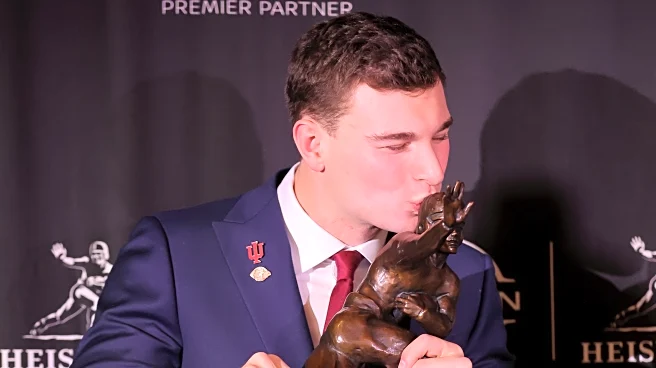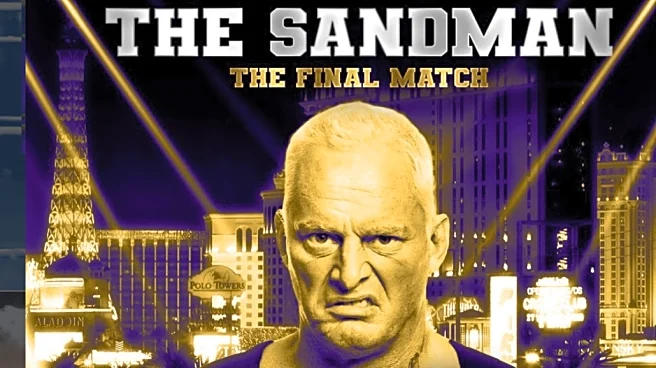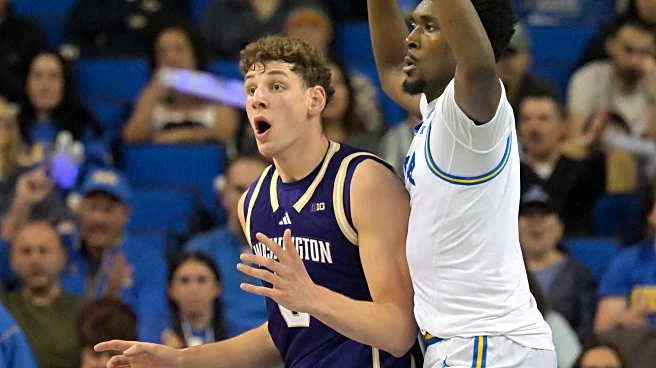What is the story about?
What's Happening?
Buster Posey, president of baseball operations for the San Francisco Giants, has fired manager Bob Melvin, just months after extending his contract for the 2026 season. Posey's decision reflects his win-now ambitions and impatience with the team's performance, as the Giants finished the season with a .500 record. Posey, who signed a three-year deal as president, is focused on quickly leading the team back to the World Series. Despite Melvin's solid managerial skills, Posey lost faith in him, prompting the change. Posey's approach is characterized by urgency and a willingness to make bold decisions, including significant financial commitments to players like Rafael Devers and Willy Adames.
Why It's Important?
Posey's actions signal a shift in the Giants' strategy, prioritizing immediate success over long-term development. This urgency could lead to rapid changes in team composition and management, impacting player morale and stability. Posey's willingness to make swift decisions may attract high-performing managers and players who thrive under pressure. However, it also risks creating instability if results are not quickly achieved. The Giants' approach could influence other teams to reconsider their strategies, balancing short-term gains with sustainable growth. Posey's leadership style, driven by competitive impatience, may redefine expectations for team presidents in Major League Baseball.
What's Next?
Posey and general manager Zack Minasian will begin the search for a new manager, likely seeking someone who embodies the qualities of Bruce Bochy during the Giants' successful era. The new manager will face high expectations to deliver playoff success, with little tolerance for mediocrity. Posey's urgency suggests that the Giants will continue to make aggressive moves in player acquisitions and team management. The team's performance in the upcoming season will be closely monitored, as Posey's short-term contract adds pressure to achieve results quickly. The managerial change could lead to shifts in team dynamics and strategy, as the Giants aim to return to championship contention.
Beyond the Headlines
Posey's approach highlights the tension between immediate success and long-term development in professional sports. His decisions may prompt discussions about the role of team presidents and the balance between patience and urgency in achieving goals. The Giants' strategy could influence other teams to adopt similar approaches, potentially leading to a more competitive and dynamic league. Posey's leadership style, driven by a desire to quickly restore the Giants' prominence, reflects broader trends in sports management, where results are increasingly prioritized over process.

















